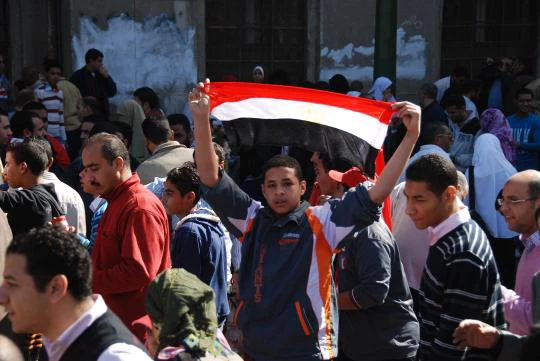
For some time now, there has been a big buzz in the development community around good governance, open government and the need for citizen-state collaboration built on trust. This is at the core of sustainable development, and in this context Access to Information (ATI) plays a critical role. Citizens’ ready access to government information—through information requests or proactive disclosure by government—is a key dimension of open government and a necessary condition for meaningful citizen participation.
When citizens have access to information they can, for example, learn about and demand their entitlements under certain government programs: By finding out how public resources are allocated and used, such as the availability of medicines in local health centers, citizens can provide concrete feedback for better services.
For the past 12 years, on September 28, the world has celebrated the International Right to Know Day, during which practitioners have highlighted the importance of access to information both as a transformative tool toward development and a human right. As in the past years, the World Bank joined partners to commemorate this day in various countries.
For example, in Egypt, where an ATI law has not yet been put in place, the World Bank office there and Partners in Development organized a high level workshop. It focused on the need to strengthen the coalition of stakeholders advocating for ATI, and foster dialogue with the government in order to be able to pass an ATI law in line with international standards building on a provision on freedom of information in the new Egyptian Constitution.
This activity is part of a broader support the World Bank is providing in Egypt to help build capacity of stakeholders in technical issues and build coalition. International experience has shown that the most effective ATI laws are oftentimes adopted through broad dialogue and government-civil society collaboration.
In Latin America, where several countries have adopted ATI legislation in the past 15 years, support has been focused on addressing implementation challenges. For the Right to Know Day, the World Bank Mexico office, in collaboration with Mexico’s Federal Institute of Access to Information, Supreme Audit Institution, Ministry of Public Administration and Training Institute of Public Administration held the National Transparency Award competition to recognize the most innovative practices in enhancing transparency. Such recognition provides positive incentives for continued work toward a culture of openness and more open government.
Cases like Mexico, with over a decade of ATI implementation, show that efforts must be continuous and not dwindle in order to ensure effective implementation. In this regard, Mexico is going through a constitutional transparency reform, and the issue is also at the core of its Open Government Partnership Action Plan.
To complement work at the country level, the World Bank also supports a network of ATI oversight bodies in Latin America - the Network for Transparency and Access to Information (RTA), with members from Brazil, Chile, Mexico, Peru, Uruguay, among others. To celebrate this year’s International Right to Know Day, the World Bank and the Network published a brief note on the use of ICTs to develop online platforms for information requests.
September 28 is indeed a good date to highlight and take stock of worldwide efforts to advance ATI – but it is also an opportunity to acknowledge the challenges ahead (see One hundred ATI laws in the world, now what?). It is critical that we recognize that while ATI is a key dimension of open government, it needs to be linked to its other dimensions - such as citizen participation and government responsiveness - in order to fully achieve its transformative potential



Join the Conversation